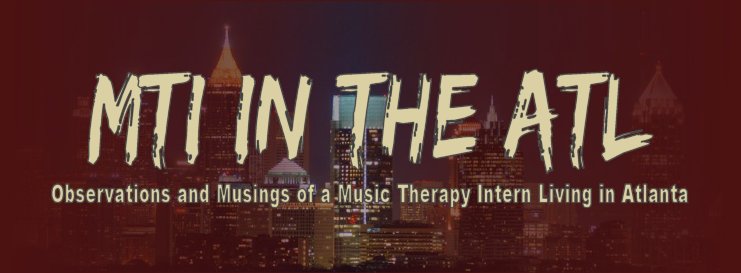Today, I got the opportunity to join members of the Music Therapy Association of Georgia at the State Capitol in downtown Atlanta to talk to Senators and Representatives about getting music therapy recognized at a state level.
It was a long, but very rewarding day. I'm very interested in politics, and have always loved getting involved. I've called state politicians, marched to the Capitol, and volunteered for campaigns. However, I've never had the opportunity to sit down and meet with Senators or Representatives. That is, until today.
The trip in itself would've been fun. Georgia has a beautiful Capitol building. Portraits of past governors line the walls (including former President Jimmy Carter), grand staircases, a huge golden dome in the center, and it's all located in the heart of downtown.
But the best part was getting to sit down with these politicians for half an hour and talk to them about what we were trying to do, and what their recommendation is to accomplish our goals. We got to educate some of them on what music therapy really is, and others were already very familiar and supportive. One Representative we talked to told us his wife was planning on being a music therapist, before she met him and got sidetracked starting a family.
I think the most important aspect to me though was that everyone we talked to was supportive of what we were doing and seemed genuinely interested in helping us. In fact, a Senator and Representative each told us that they would like to draft a resolution to read in front of their respective legislative bodies to raise the profile of the issue.
Our specific goal today was not to introduce language to these politicians to get their support, but rather to see what they feel the best route would be to getting the MT-BC credential recognized at the state level. The most logical options were either a license, registry, or simply an official recognition of the MT-BC credential and leave it at that.
In today's political atmosphere, the emphasis is on a smaller government with less spending. For this reason, a majority of the people we spoke with recommended against the license route, if for no other reason than other routes were more likely to successfully pass through the legislative bodies. However, many also mentioned that this would save music therapists in the state from having to pay a license fee. We did speak to one Representative who was for the license, as it would give more liability protection for music therapists.
I learned a lot about the process, and it was very cool to speak with them in person. What efforts have been ongoing in your state?
